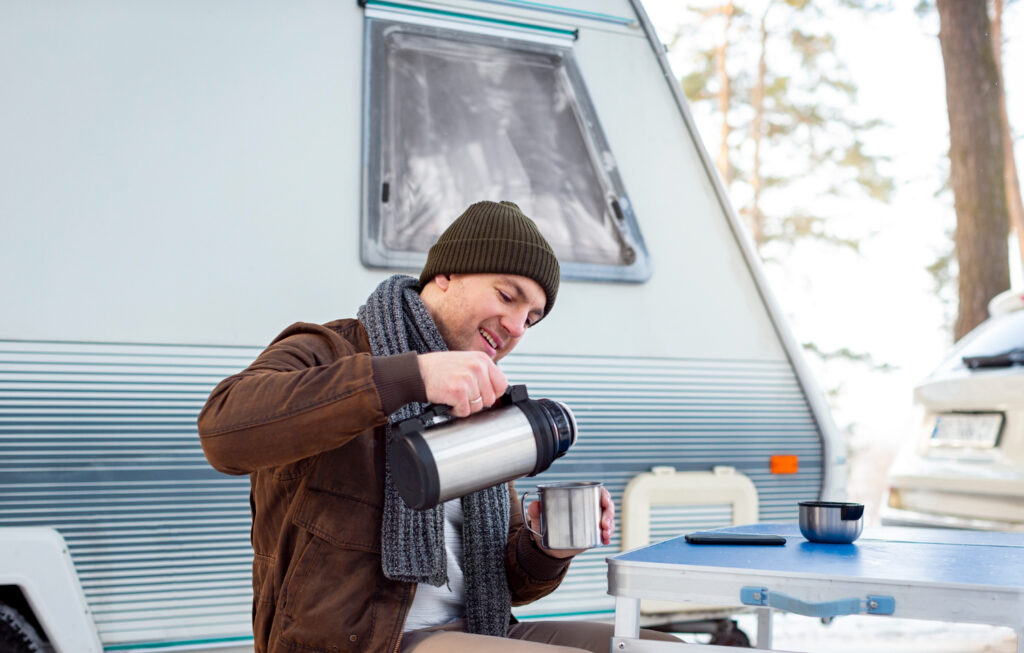Camping trips are a popular recreational activity among Malaysians who seek adventure and a chance to connect with nature. However, one challenge that campers often face is keeping their food fresh and safe during the trip. In this article, we will explore the importance of frozen food storage, including the use of tupperware containers, for camping trips in Malaysia. We’ll provide you with essential tips and insights on how to make the most of your outdoor culinary experiences while ensuring that your meals remain delicious and free from spoilage.
The Advantages of Frozen Food Storage for Camping Trips
Preserving Freshness and Nutritional Value:
- When camping, access to fresh ingredients may be limited. By utilizing frozen food storage, you can bring a wide variety of perishable items like vegetables, meats, and seafood without worrying about them spoiling. Freezing food effectively preserves its freshness and nutritional value, ensuring that you have wholesome meals throughout your camping adventure.
Extended Shelf Life:
- Frozen food storage significantly extends the shelf life of your provisions. Properly frozen items can last much longer than fresh food, allowing you to plan longer camping trips without constantly worrying about the availability of fresh supplies. This advantage is especially crucial when exploring remote areas with limited access to grocery stores or markets.
How to Store Frozen Food for Camping Trips
Preparing the Food:
- Before freezing your ingredients, it is essential to ensure they are properly cleaned, trimmed, and portioned. Properly package the items in airtight containers or freezer bags to prevent freezer burn and maintain their quality. Label each package with the date and content to keep track of their freshness.
Freezing Techniques:
- When freezing food for camping trips, it is crucial to follow the right techniques. For fruits and vegetables, blanching them in boiling water for a short period before freezing can help retain their flavor and texture. Properly wrap meats and seafood to prevent them from absorbing odors and to minimize the risk of freezer burn.
Organizing Your Cooler:
- When packing your cooler for the trip, place frozen food items at the bottom, acting as natural ice packs to keep other perishables cold. This arrangement helps in maintaining the desired low temperature inside the cooler, preventing the food from thawing too quickly.

The Advantages of Frozen Food Storage for Camping Trips
Convenient Meal Planning:
- Frozen food storage simplifies your meal-planning process while camping. Preparing meals in advance and freezing them allows you to enjoy delicious and healthy dishes without the hassle of extensive cooking and preparation during your trip. You can pre-cook soups, stews, and casseroles, ensuring a warm and comforting meal after a long day of outdoor activities.
Reduced Food Waste:
- One of the significant advantages of frozen food storage is its role in reducing food waste. By freezing excess ingredients or leftovers, you can save them for future camping trips or use them upon returning home. This practice not only saves money but also promotes sustainable camping by minimizing the amount of food that goes to waste.
Conclusion
Frozen food storage is an excellent solution for Malaysians embarking on camping trips. By utilizing this method, campers can ensure the freshness, nutritional value, and extended shelf life of their provisions. Proper preparation, freezing techniques, and organizing your cooler are crucial to optimizing the benefits of frozen food storage. With the convenience, reduced food waste and enhanced meal planning it offers, frozen food storage is an essential aspect of a successful and enjoyable camping experience in Malaysia. So, pack your freezer bags, plan your meals, and embark on a camping adventure knowing that delicious and nourishing meals are just a thaw away.
